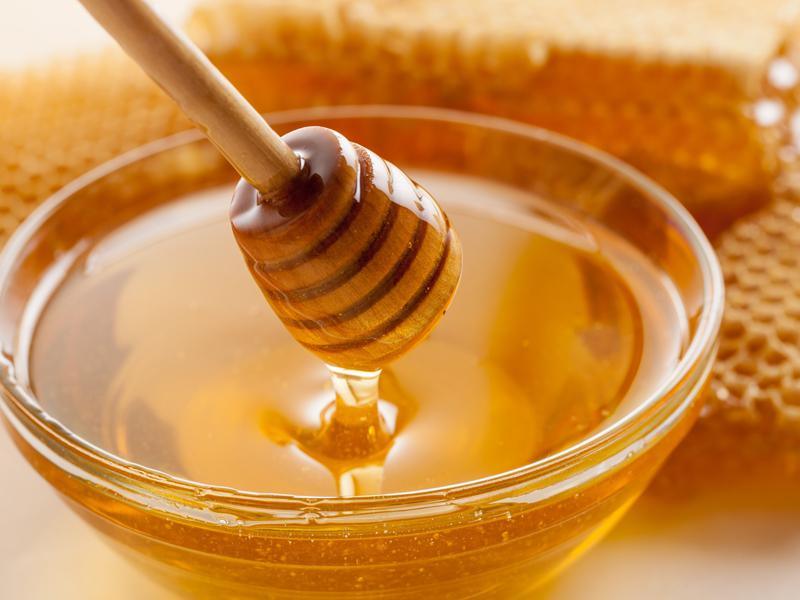
Not too many years ago, veganism was a term associated only with a small group - such as the hippies and the animal right activists, but zooming into the present times veganism seems to be the latest trend in food and lifestyle.
In fact, even a decade ago, a person’s understanding of the term vegan was pretty vague, such that when you had to step out for dinner with a vegan friend, the idea was to skip the main course and stick to the side dishes. However, vegans today have no less options as there are restaurants that especially cater to this group of people.
The vegan history
Even today, though veganism is talked about almost in every forum, most people’s understanding regarding the logic of this lifestyle is rather sketchy. Perhaps it is due to the lack of complete understanding that there are often a lot of debates regarding which of the food items really qualify as vegan. To fully grasp the meaning of the term veganism, it is important to turn back a few pages in history and go back to where the term has actually come from.
People had since long understood the benefits of eating vegetarian food that lay at the base of the English Vegetarian Society. One of the pioneer members of this society, Donald Watson, is credited for the coinage of the new term, when he came up with a word for vegetarians who do not consume dairy - vegan. It is said that the idea proliferated at such a rate that by 1951 veganism meant a complete lifestyle that did not exploit animals.
However, though the term for such a concept of living may have come only in the 1940s and 50s, the idea dates back to several centuries. The concept of living without animals or any of their by-products is also found in the ancient Mediterranean as well as Indian culture. In fact even the Buddhist scriptures teach on a similar line of thought.
Why this vegan trend?
However, be it Donald Watson or his descendants, the vegans of today do not embrace this lifestyle owing to the religious sentiments. Though the reason for a person to choose a certain lifestyle is deeply personal, the broader spectrum of the idea remains common.
One of the leading reasons why vegansim has become so popular is inevitably animal rights. As people are becoming more and more conscious about the unethical killing of animals via news and videos shared over the internet, veganism seems to be a way to curb the menace.
Another reason why people choose veganism, is because of the enviromantal factors that are involved with the meat industry. It is seen that procuring meat creates a lot of stress on the enviroment including the emission of green house gases. It is projected that if maximum number of people switch to a plant based diet, the green house gas emission from the food industry can be reduced to a great extent.
However, even the two above-mentioned points together do not gather as many vegan followers as the third point does, and that is the health benefits that can be attained by eating vegan food. Yes, the leading reason for adopting the vegan lifestyle is the enormous amount of health benefits that it gives. In fact research shows that vegans are not just more active, but they also have a much lower BMI than an average omnivore or even vegetarians.
The Honey question
From the above line of discussion it seems to be plain as black and white as to which of the food items qualify as vegan and which do not. However, an area of gray still exists - whether honey may be considered as a vegan food option?
The opinion within the vegan community is rather divided on this topic. Although it is clear that vegans avoid the various animal products such as meat, eggs or even dairy, nothing is clearly demarcated regarding honey.
To answer this question in a single sentence is not easy and it is here that you will have to really apply your understanding regarding veganism that you have gathered so far.
Honey making process
To answer this question better, it may be worthy to look into the process of making honey as a whole.
Human beings have been consuming honey since centuries and across all cultures. In fact so great is the cultural significance of honey that in many places it is considered as the heavenly nectar sent to us by the Gods. However, you may be surprised to know that much before human beings came to this planet came the bees and their skills of making honey. Honey is the primary source of nutrition of the bees and they make it as a store on which their colony can survive during the winters.
Commercial exploitation
However, when it comes to commercial bee keeping, the bees are often exploited in various ways so as to produce more and more bees in order to meet the demands of the market.
The queen bees are artificially inseminated and their wings are clipped so that they are unable to forsake their colonies. Similarly, since their primary food source is taken away once it’s ready, they are fed on the high fructose corn syrup to keep them alive during the winters.
For the vegans who have adopted the lifestyle owing to their deep sentiments regarding animal cruelty, this is definitely not acceptable. In fact if we look deeper, not only are the bees being exploited by working extra to produce more honey, but the honey which is produced by the bees for themselves are also being stolen away from them. As such they completely reject honey as a vegan option.
Balanced bee keeping
Have you ever come across jars of honey that have been labelled as cruelty free? Well even if you have not so far, you may come across one soon as many bee keepers are aware of the sentiments of the majority of people these days and hence they have taken up a practice known as balanced bee keeping where the bees are left alone totally so that they may carry out the process naturally. At the end of the cycle, only the excess honey is removed so that the bees still have their stock to live on.
Thus, with such options being explored, it may be said that honey cannot totaly be excluded from the list of vegan options. In fact, it is more a question of informed choices and personal discretion, rather than going literally by some given definition.
Alternate Choices
If you are still hesitant to use honey, using products such as maple syrup, barley malt syrup, blackstrap molasses, brown rice syrup may be great alternatives that are totally based on plant products with as high sugar content as honey.
Give it a try and bon appetit!


